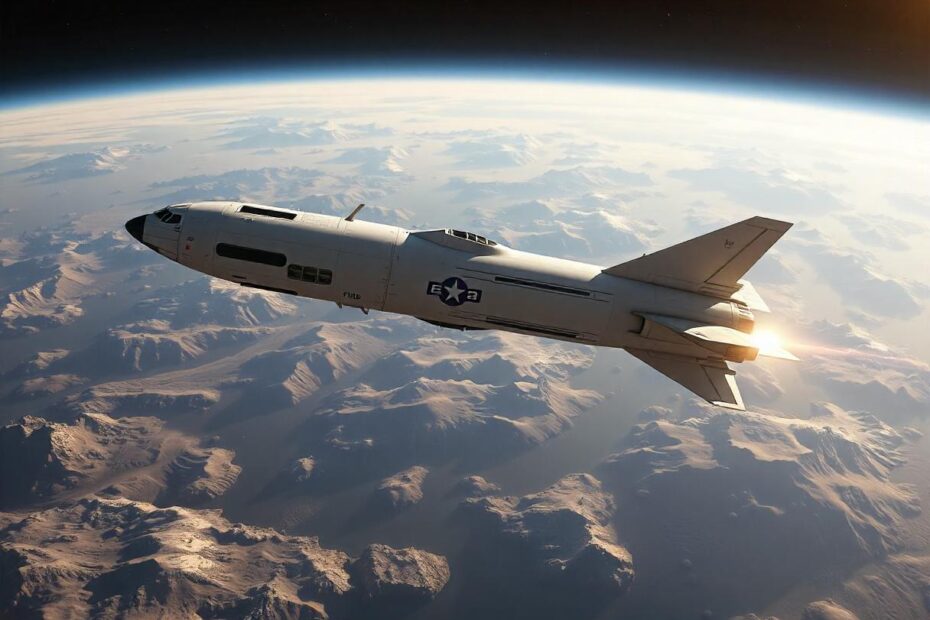This Elon Musk Mars attempt seems a big risk in some ways but Musk continues to defy critics and prove them wrong.
In breaking news Elon Musk, the visionary CEO of SpaceX, has once again set his sights on the ambitious goal of colonizing Mars. Earlier on X (formerly Twitter), he outlined a detailed timeline for the first crewed missions to the Red Planet.
According to Musk, the initial phase of the Mars mission will involve sending uncrewed Starship spacecraft to the Martian surface. These test flights are crucial to ensure the reliability of landing intact on Mars, a challenging feat due to the planet’s thin atmosphere and rugged terrain. If these landings are successful, Musk anticipates the first crewed flights to Mars within four years.
Beyond these initial missions, Musk envisions a rapid expansion of spacefaring activities. The goal is to achieve an exponential growth in flight rate, ultimately leading to the establishment of a self-sustaining city on Mars within approximately two decades.
The motivation behind this ambitious endeavor is clear: Musk believes that colonizing Mars will significantly increase the chances of human survival. By spreading our civilization across multiple planets, we can mitigate the risks posed by catastrophic events on Earth, such as natural disasters or global conflicts.
Musk’s Mars mission represents a bold and unprecedented leap into the unknown. If successful, it could mark a turning point in human history, demonstrating our capacity to overcome immense challenges and expand our reach beyond our home planet.
The Starship: A Crucial Piece of the Puzzle
Central to Musk’s Mars mission is the Starship, a fully reusable spacecraft designed to transport cargo and passengers to the Moon, Mars, and beyond. With its massive size and powerful engines, the Starship is capable of carrying hundreds of tons of payload into orbit.
The Starship is designed to be refueled in orbit, allowing it to make long-duration missions to Mars. By refueling on Earth or in space, the Starship can reduce the amount of propellant it needs to carry on board, making the journey to Mars more efficient and cost-effective.
The Challenges of Mars Colonization
While Musk’s vision of colonizing Mars is inspiring, it is important to acknowledge the significant challenges that lie ahead. One of the biggest hurdles is the harsh Martian environment. The Red Planet is a cold, dry, and inhospitable place, with extreme temperature fluctuations, radiation exposure, and a thin atmosphere.
In addition to the environmental challenges, there are also technological and logistical hurdles to overcome. Building a self-sustaining city on Mars will require significant advances in areas such as life support systems, energy production, and resource utilization.
The Potential Benefits of Mars Colonization
Despite the challenges, the potential benefits of colonizing Mars are immense. A Martian colony could serve as a valuable outpost for scientific research, exploration, and resource extraction. It could also provide a backup for humanity in the event of a catastrophic event on Earth.
In the world of AI, digital wallets, space exploration and more in 2025, anything is possible.
Moreover, colonizing Mars could inspire a new era of exploration and innovation. The challenges of building a sustainable civilization on another planet could drive technological advancements that benefit humanity as a whole.
The Future of Space Exploration
Elon Musk’s Mars mission is just one example of the growing interest in space exploration. As technology continues to advance, we can expect to see even more ambitious projects in the years to come.
Whether or not Musk’s vision of colonizing Mars becomes a reality, his efforts are undoubtedly inspiring a new generation of explorers and dreamers.









